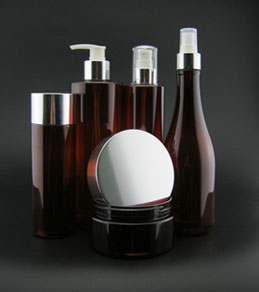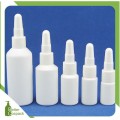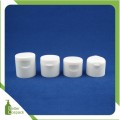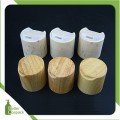News
What happens to used shampoo bottles?
Oct 13 , 2023 Views: 735
The fate of used shampoo bottles depends on various factors, including the materials they are made from, local recycling programs, and consumer behavior. Here's a general overview of what typically happens to used shampoo bottles:Collection: After consumers finish using shampoo from the bottles, they are usually discarded. Many people place them in their household recycling bins, while others may dispose of them in the regular trash.
Sorting: If the bottles are placed in recycling bins, they are typically collected along with other recyclables by municipal waste collection services or private recycling companies. These recyclables are then transported to a recycling facility.
Recycling Process: At the recycling facility, the used shampoo bottles are sorted and separated from other recyclables. They are then processed through various steps, which may include cleaning, shredding, and melting, depending on the type of plastic they are made from. Shampoo bottles are commonly made from high-density polyethylene (HDPE) or polyethylene terephthalate (PET) plastics.
PET bottles: Some shampoo bottles are made from PET, and these can be recycled into a variety of products, including new PET bottles, polyester fibers for textiles, or even food and beverage packaging.
Manufacturing New Products: The recycled plastic materials are then used in the production of new products, reducing the demand for virgin plastic. This recycling process helps conserve natural resources and reduces energy consumption compared to producing new plastic from raw materials.
Disposal: If shampoo bottles are not properly recycled, they may end up in landfills or incinerators, contributing to environmental pollution and waste. Plastic in landfills can take a long time to degrade, and incineration can release harmful pollutants into the air.
Environmental Impact: Proper recycling of shampoo bottles is essential for reducing the environmental impact of plastic waste. When recycled, they can contribute to a circular economy, conserving resources and reducing the carbon footprint associated with plastic production.
Products
Hot Products
-
BS01 3ml 5ml 8ml... BS01 3ml 5ml 8ml...
-
60ml 80ml 100ml... 60ml 80ml 100ml...
-
18/20/24/28/410... Product...
-
24mm 28mm cosmetic... Product...
 English
English
















